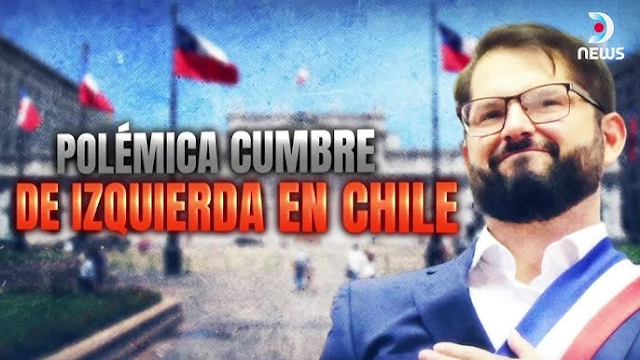Por Rodolfo Varela
El martes 22 de julio de 2025, fue publicado en el Diario Oficial de Chile el Decreto Exento N°60 del Ministerio de Vivienda y Urbanismo, que aprueba el Programa de Expropiación de Inmuebles que forman parte de la ex Colonia Dignidad, hoy conocida como Villa Baviera, en la comuna de Parral. Este acto marca un hito en la larga y dolorosa lucha por la memoria, la justicia y la reparación.

Un paso significativo, aunque tardío, hacia el reconocimiento del profundo daño causado por uno de los centros de tortura, esclavitud, desaparición y abuso más brutales de la dictadura cívico-militar.
Colonia Dignidad no fue simplemente una comunidad cerrada. Fue un enclave de horrores, donde se cometieron crímenes de lesa humanidad: torturas sistemáticas, desapariciones forzadas, ejecuciones extrajudiciales, violaciones de niños y niñas, sustracción de menores y venta ilegal de bebés a familias extranjeras. Todo esto ocurrió con la complicidad de sectores del poder político, judicial, militar y religioso, tanto en dictadura como en democracia. El silencio y la omisión institucional fueron parte del pacto de impunidad que protegió a sus perpetradores durante décadas.
El decreto reconoce expresamente la existencia de operaciones criminales como el “Operativo Cerro Gallo” y la “Operación Retiro de Televisores”, así como la ubicación de fosas clandestinas, sitios de incineración, centros de tortura y búnkeres subterráneos, muchos de los cuales hoy siguen sin investigación completa. Se estima que más de 117 hectáreas serán expropiadas, incluyendo la tristemente célebre casa de Paul Schäfer, el hospital clandestino, y otras infraestructuras utilizadas para reprimir y desaparecer personas.
Este acto administrativo es, sin duda, una señal de avance. La expropiación permite proteger esos espacios como sitios de memoria, una obligación internacional asumida por el Estado chileno en convenios como la Convención contra la Tortura, la Convención sobre Desapariciones Forzadas y el Estatuto de Roma. Pero la pregunta clave es: ¿es suficiente?
Una deuda que sigue creciendo
Han pasado más de 50 años desde que comenzó el horror en ese lugar, y recién ahora el Estado decide actuar con fuerza legal y patrimonial. ¿Cuántas víctimas murieron esperando justicia? ¿Cuántas familias fueron destrozadas para siempre? ¿Cuántos niños y niñas siguen sin conocer su verdadera identidad tras ser vendidos como mercancía, con participación activa de médicos, militares, politicos, jueces y religiosos?

Muchos de los responsables han muerto impunes. Otros siguen viviendo en libertad, incluso ocupando cargos públicos. Y lo más doloroso: la reparación integral aún está muy lejos de concretarse. Hay víctimas que sobreviven con pensiones miserables, con sus cuerpos y mentes dañados, con sus seres queridos desaparecidos. Y hay también una sociedad que no termina de mirar con verdad y coraje su propio pasado.
Este decreto debe ser el comienzo, no el cierre. Expropiar es necesario, pero no suficiente. Se requiere un plan nacional de búsqueda de personas desaparecidas, un aumento urgente en las reparaciones económicas y simbólicas, apoyo psicológico integral, justicia real para los culpables aún vivos y, sobre todo, garantías de no repetición.
Cumbre de líderes: ¿Qué democracia celebran?
Mientras el Estado chileno publica este decreto histórico, se anuncia la Cumbre “Democracia Siempre”, una reunión de presidentes de centroizquierda de países como Chile, Brasil, Colombia, España y Uruguay. Un evento que busca reafirmar el compromiso con las instituciones democráticas, la justicia social y los derechos humanos.
Pero no podemos quedarnos en el discurso. Estos gobiernos enfrentan crisis profundas de credibilidad, protestas sociales masivas, abusos policiales impunes y una inercia política alarmante frente a las víctimas del pasado y del presente.
Entonces, cabe una pregunta legítima y urgente: ¿de qué democracia estamos hablando? ¿Una democracia incompleta, elitista, desconectada del sufrimiento de su pueblo? ¿O una democracia valiente, que se atreve a mirarse al espejo y corregir sus errores históricos?
Si queremos hablar de “Democracia Siempre”, primero debemos cumplir la deuda con quienes lo perdieron todo cuando la democracia fue asesinada por las armas, y después fue traicionada por el silencio.






